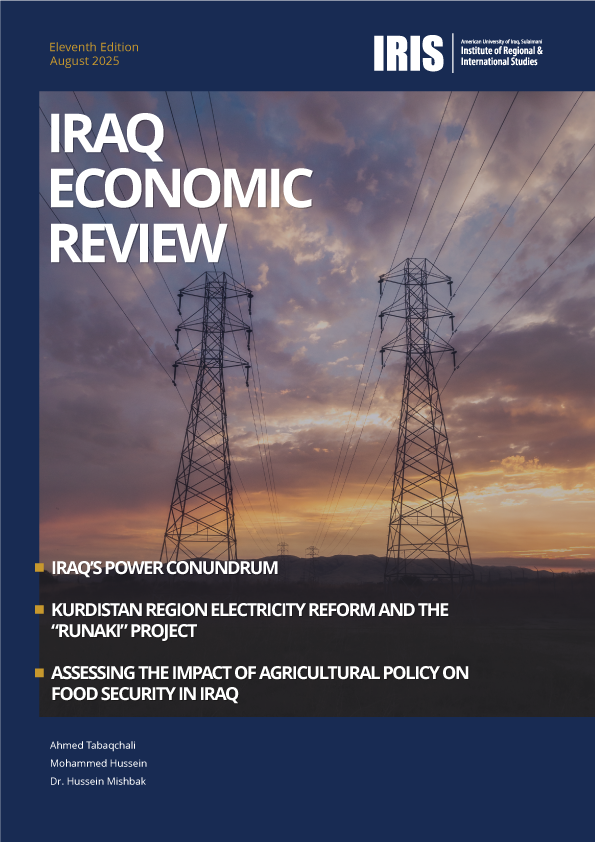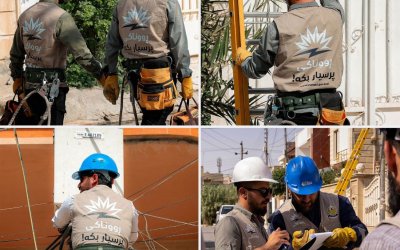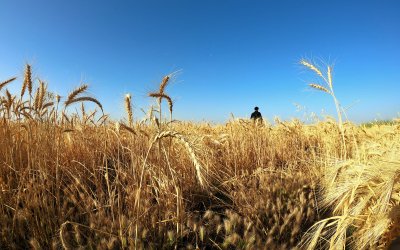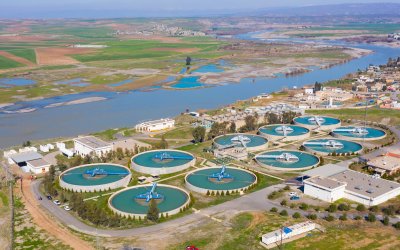Can Iraq’s energy and agricultural sectors overcome entrenched challenges to secure the country’s economic future? The latest Iraq Economic Review examines this question, focusing on debates over power generation, energy policy, and food security. Ahmad Tabaqchali analyzes Iraq’s chronic electricity shortages, contending that piecemeal measures—whether domestic gas capture, regional imports, or renewables—are insufficient without a multifactorial, long-term strategy that addresses grid deficiencies and rising demand. Mohammed Hussein considers the Kurdistan Region’s “Runaki” Project, an initiative to deliver 24-hour power and phase out diesel generators, assessing the economic, political, and social factors that may determine its outcome. Dr. Hussein Mishbak reviews agricultural policy in Dhi Qar, finding that current government approaches have struggled to balance the needs of key crops such as wheat and barley, with implications for food security under conditions of climate stress and water scarcity. This edition highlights the reforms and policy adjustments required to strengthen Iraq’s economic resilience.
Contribution includes the following:
- Ahmed Tabaqchali - Iraq’s power conundrum: A multifactorial approach to ensuring reliable electricity supply and achieving energy security.
- Mohammed Hussein - Kurdistan Region Electricity Reform and the “Runaki” Project.
- Dr. Hussein Mishbak - Assessing the impact of agricultural policy on food security in Iraq: The case of Dhi Qar.
Click here or the photo below for the full report.





